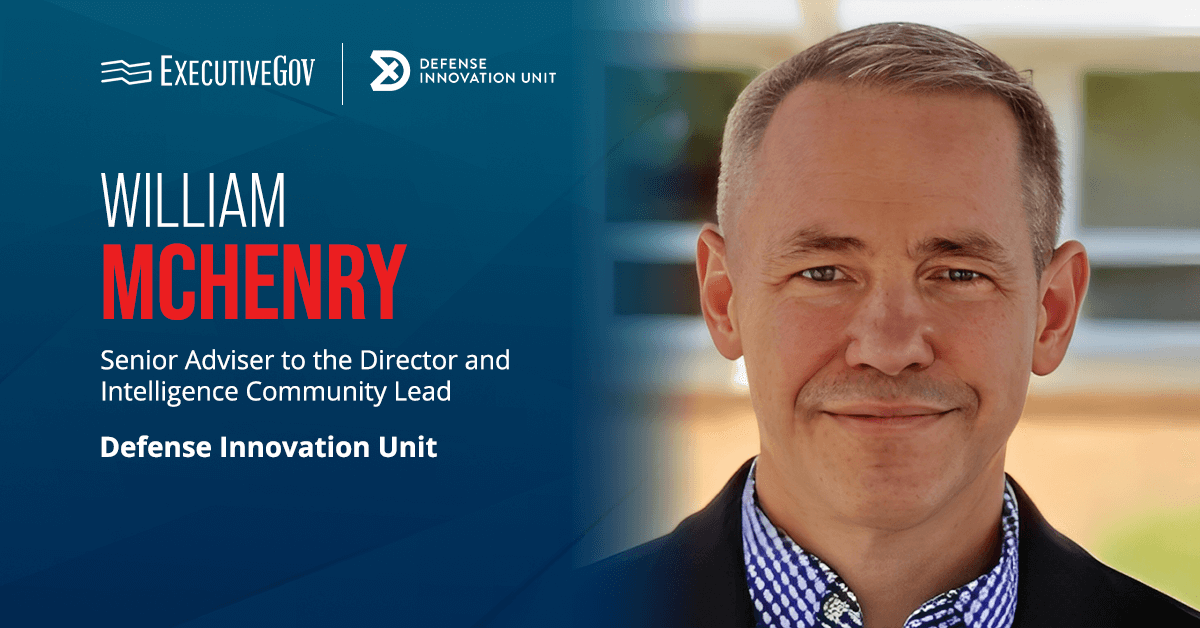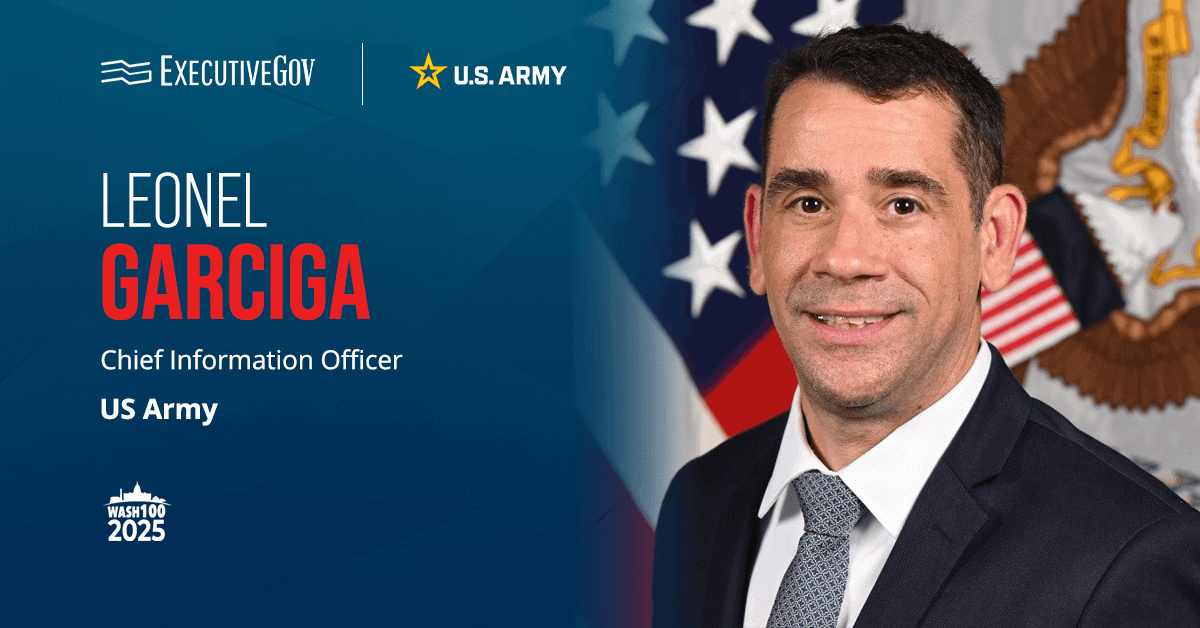William “Mac” McHenry, senior adviser to the director at the Defense Innovation Unit, said rightsizing the Intelligence Community and the Department of Defense requires a strategic approach. The first step in implementing this approach is conducting a thorough assessment of each agency’s core mission.
Table of Contents
Mission Review Process
In an article published Friday on RealClearDefense, McHenry said the mission review process calls for “challenging established assumptions” and considering insights from former agency staff and other external perspectives to determine “potential blind spots.”
“This process may reveal that some organizations are performing functions that are no longer critical or that have become redundant due to the evolution of other agencies or the emergence of new technologies. In such cases, outright elimination of the agency or a substantial realignment of its mission may be the most appropriate course of action,” the retired U.S. Marine Corps Reserve colonel added.
Organizational Positioning
According to McHenry, the next step is assessing whether an agency is better positioned within the government to perform the mission effectively.
“This analysis should consider not only the current organizational structure but also potential alternatives,” he noted.
Task Analysis
McHenry, who also serves as intelligence community lead at DIU, said the strategic approach also involves deconstructing the agency’s mission into constituent tasks by identifying essential and supporting tasks to better understand the organization’s operational requirements.
He noted that distinguishing between supporting and essential tasks could help agency leaders make informed decisions about staff requirements and resource allocation.
Experimentation and Personnel Structure
The last two phases McHenry discussed are experimenting with different approaches and considering the personnel structure.
According to the DIU executive, the experimentation phase may involve implementing process improvements, restructuring workflows or exploring new technologies to help identify effective ways to meet mission objectives.
“This experimentation phase should be data-driven, with clear metrics established to measure the success of different approaches. Pilot programs can be used to test new ideas on a smaller scale before implementing them agency-wide,” he wrote. “This iterative process of experimentation and refinement is essential for ensuring that downsizing efforts do not inadvertently compromise mission effectiveness.”
When considering the personnel structure, agencies may uncover the need for new skill sets, which could incite them to launch recruitment or retraining initiatives.
McHenry stressed that determining the organizational structure, the number of personnel and the required skill sets “should be derived from the needs of the mission, not the other way around.”
McHenry will be one of the panelists at the Potomac Officers Club’s 2025 Artificial Intelligence Summit on March 20. Register here to join this important event.






